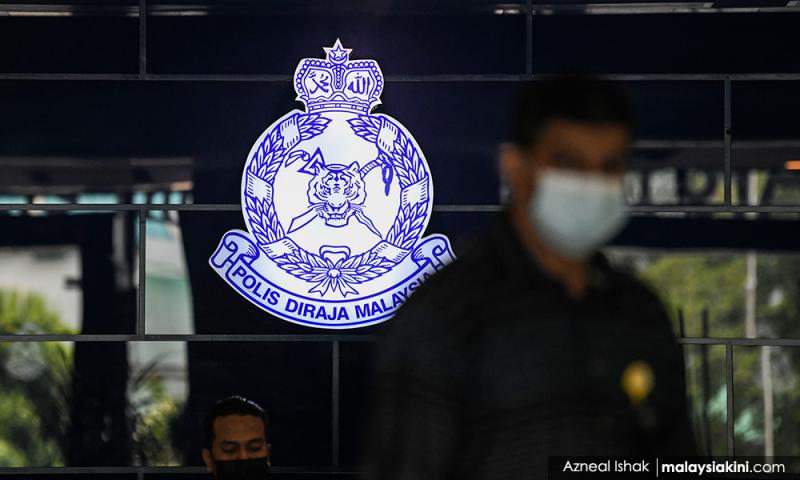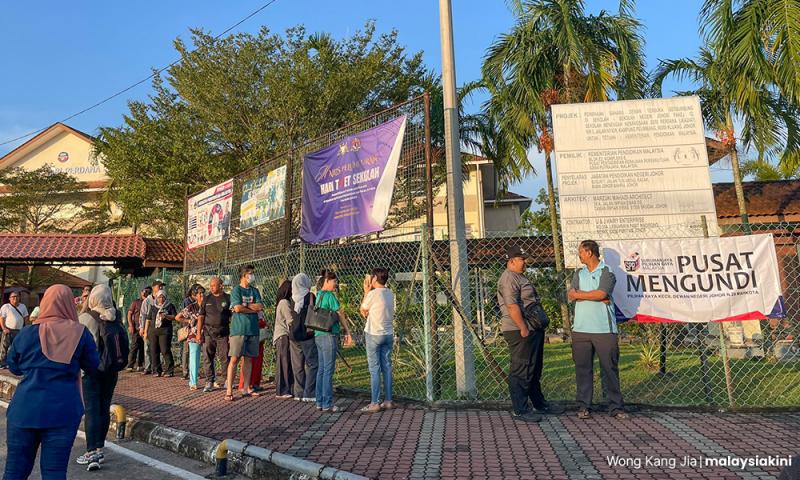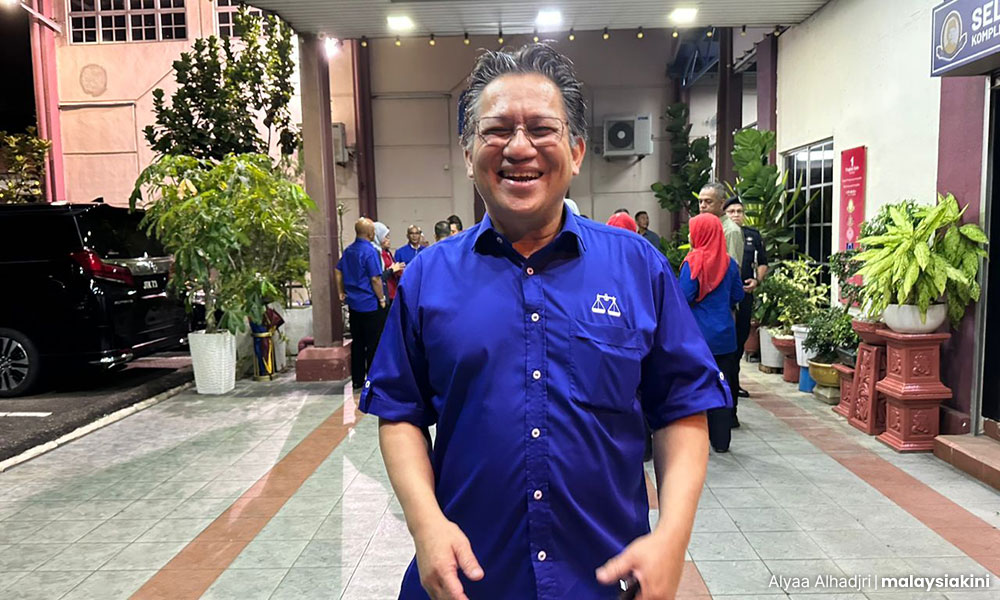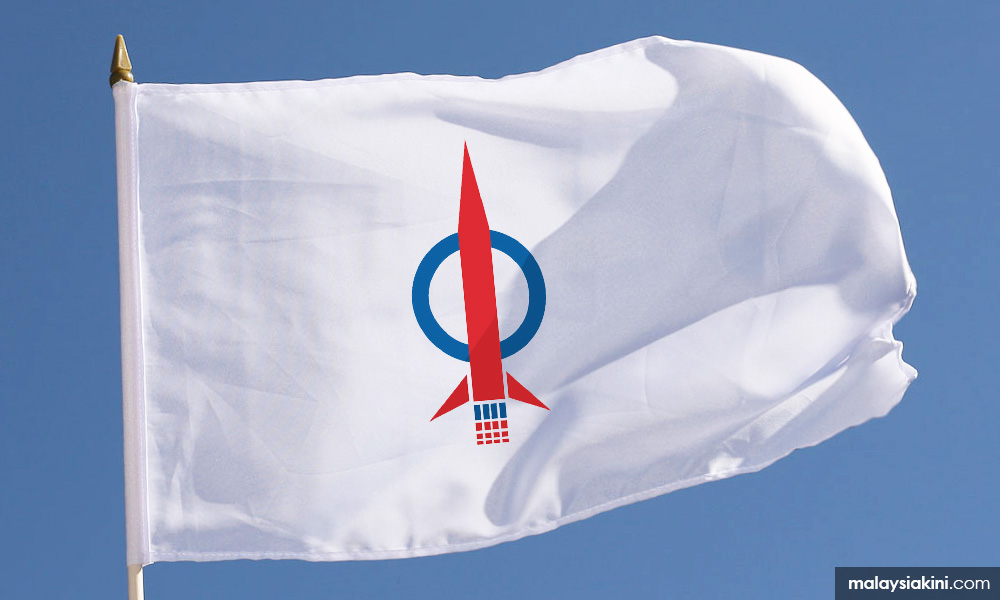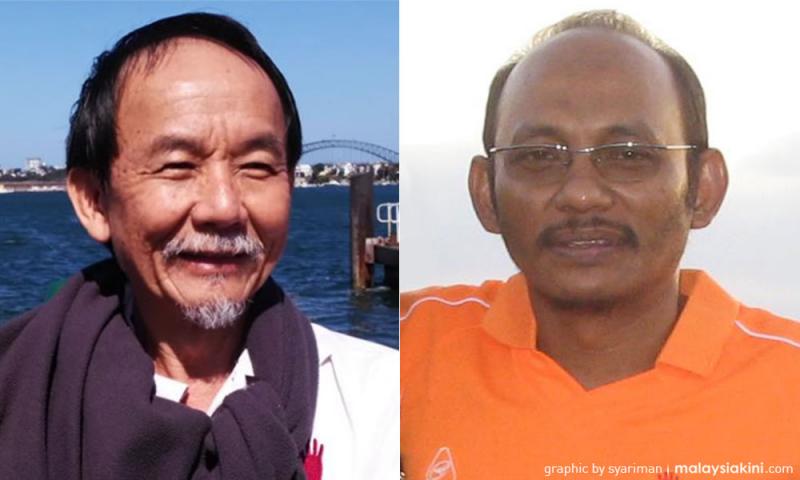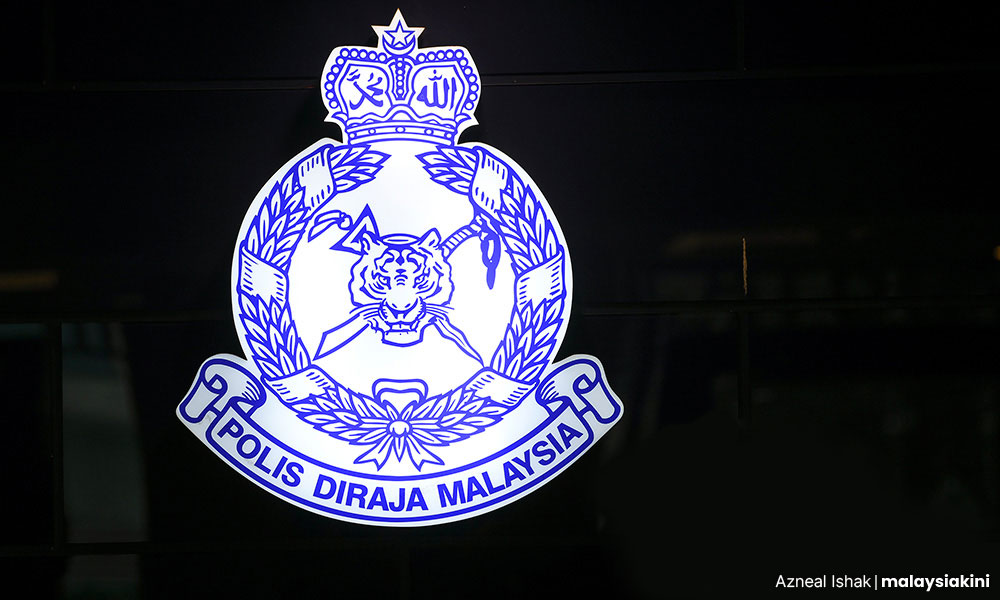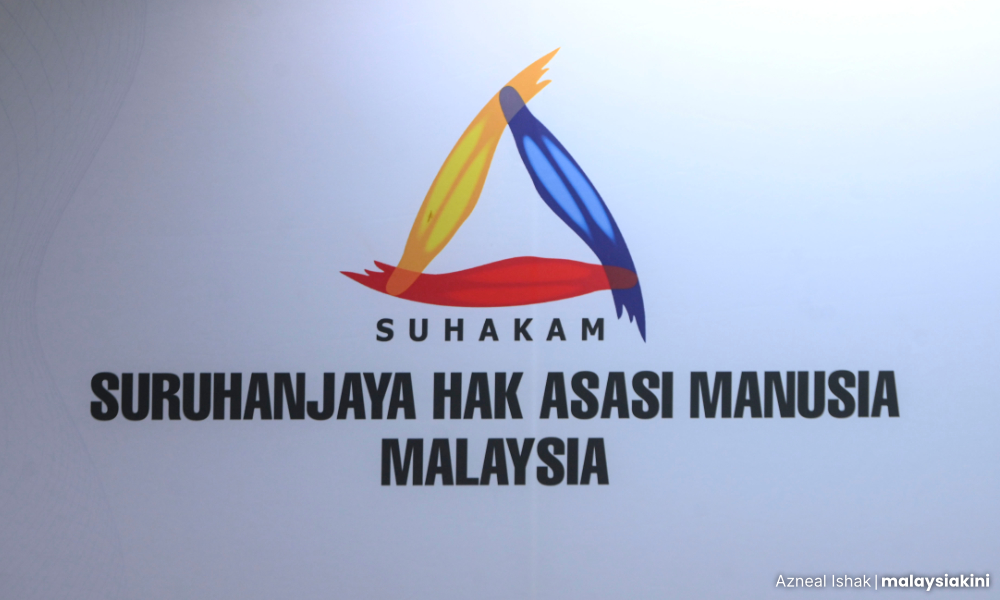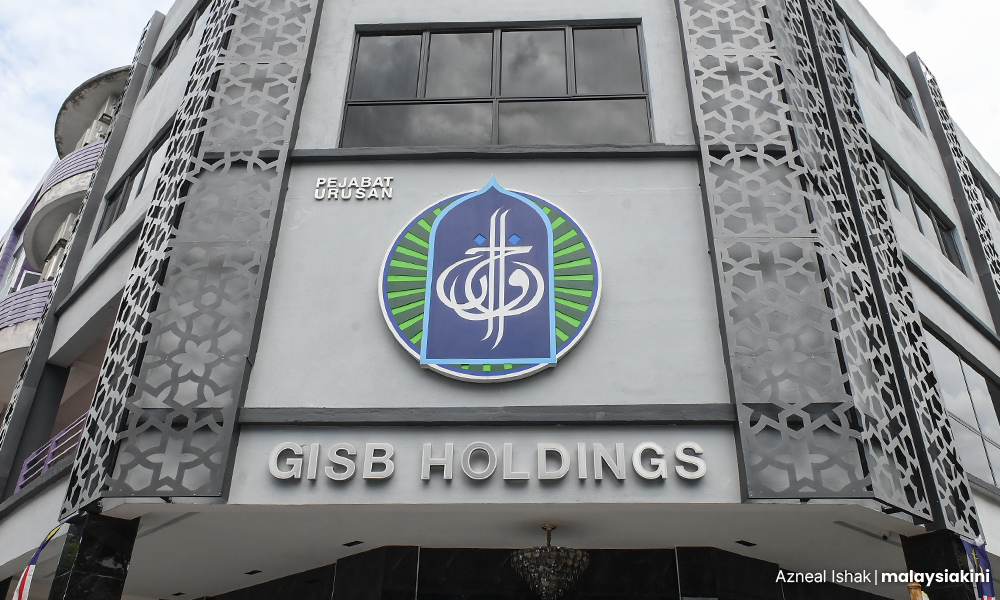Chauvinistic politicians regurgitate the story that the Chinese community, and especially DAP, is out to usurp the dominance of the majority race in our country. They posit that Malay cultural and religious sovereignty must be protected at all costs. These politicians repeat, at every opportunity, that losing to DAP is tantamount to betraying their race and religion.
They do not offer any solutions, or present a comprehensive plan for good governance, or social and educational reforms. The sole focus for these types of politicians, and by extension, their political parties, is that DAP is simply the bogeyman.
A little thought and reflection on anyone’s part in our country will clearly show that the Chinese community is not to blame for any of the dystopian problems Malaysia has. The biggest financial scandals in our nation that caused our economic decline, the breakdown of public services, the lacklustre performance of our national airline, universities, and pretty much every infrastructure project, were not caused by either the Chinese community or DAP.
Bleating on about the Chinese and DAP being at fault for this or that, is both false, and severely damaging to our fragile race-relations. And these bigoted politicians, who are bankrupt of new ideas and innovative solutions, lazily fall back on this nonsensical storyline.
Blame the Chinese and DAP for every damn thing. The implicit racism here is just shocking.
DAP has long sought to debunk these stories by narrow-minded political operatives. The party tries so hard to show a multiracial countenance. In its most rudimentary form, modern DAP leaders like Loke Siew Fook, Steven Sim, Nga Kor Ming and others, present themselves as erudite in our national language, and speak with the pizazz of native speakers.
In fact, the newly minted Penang DAP chief, Sim, speaks like a Malay laureate.
Coupled with the reality that DAP has had nothing to do with past national financial scandals, it is really mystifying for neutral observers that the party is still presented as some
monster
that must be kept in abeyance.But here’s the thing though.
Unfortunately, DAP simply does not do itself any favours in sustainably repudiating this. While their leaders present a new dynamic face, their bizarre internal practices, and their dynastic leadership model, keeps the party married to this parochial image.
As an illustration, of the 40 members of parliament in its caucus, only ten, or a paltry quarter, are non-Chinese. The party presses for national inclusiveness, but the reality is that they have a trifling three Malay members of parliament, and one Bidayuh from Sarawak. This just means that their internal selection process for candidates is heavily biased towards one community.
If pressed on this rather dubious statistic, DAP leaders will say that this is how modern Malaysia must evolve. They will argue that we do not need people of one particular race to look after their own people. Instead, we must actively propagate the
Malaysian race
ideology.For example, the Chief Minister of Penang is not the CM for the 41% Chinese community in the state. He (or she, as the case maybe in the future) is also the CM for the 40% ethnic Malay community, and the other races. As credibility for their posturing, DAP leaders will ostensibly list out the large amounts of state money that has been channelled to mosques or the state Hindu endowment board.
But really, is this enough of a counternarrative to racist politicians who continue to harp on the
Chineseness
of DAP?Let’s take the party’s archaic constitution, which just provides for individuals to be elected to a state committee or the national committee, and then amongst themselves, the ultimate leader gets mysteriously chosen. The candidate who secures the highest number of votes does not necessarily get to be the leader of that state chapter or even at the national level. Leaders are anointed by some
inner star chamber.
Only two out of their 15 state chairmen are non-Chinese, and not all of them secured the highest votes in their own state party elections. The same goes for their national chairman and secretary-general. They did not come out as the top two in the party’s national elections.
Party members are aware of this, but isn’t the optics pretty dismal for the rest of us?
Again, when questioned, DAP leaders will spin a yarn about
grassroots sentiments
dictating their internal selection of leaders. How much more grassroots can you get when ordinary party members give the highest number of votes to a candidate?Within its ranks, there is incontrovertible disquiet amongst the 20% Indian membership. The sentiment is that strong Indian leaders systematically get dumped for compliant lackeys. So, the opaque nature of control within the party, and the undeniable familial-politics in the selection of DAP leaders is like an
open-goal
for critics.Perhaps before whining about how the party is being painted in the wrong light by miscreant xenophobic politicians, or even talking about countrywide reforms, DAP should start by reforming itself, with a modern and transparent process of electing their own leaders.
Then maybe, just maybe, the party stands a chance of being accepted as a true Malaysian political powerhouse by all communities. Right now, it just comes across as a racially biased political entity controlled by hereditary warlords.
